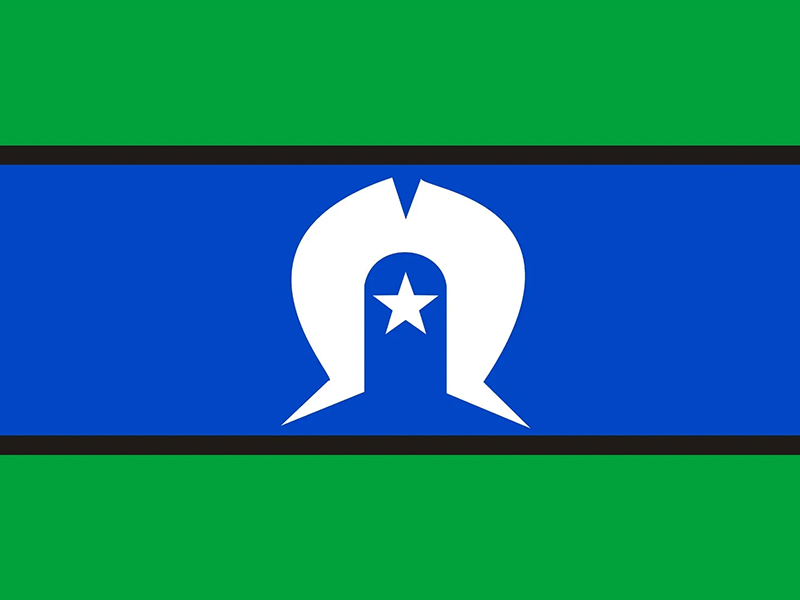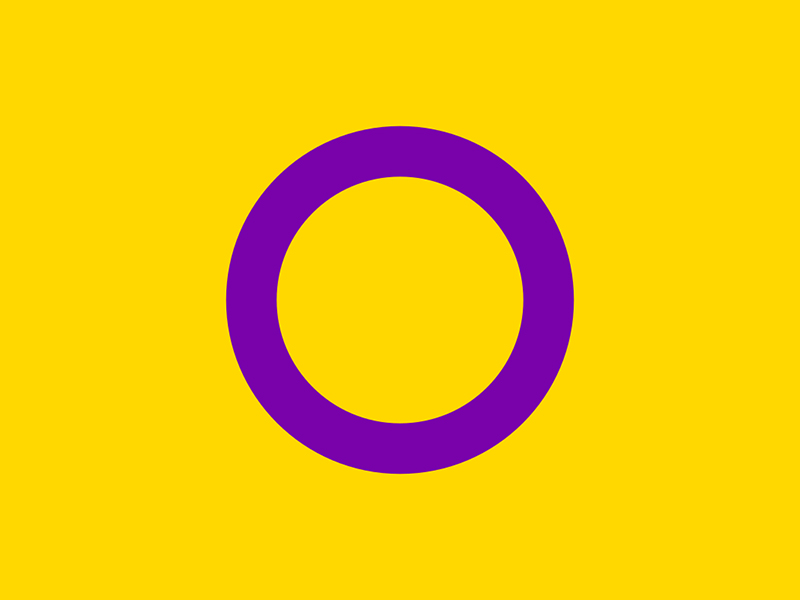Tips to keep yourself safe
Meeting online friends in real life is potentially very dangerous. If you’ve only every met online, you never really know who they are; many people lie about themselves online and sometimes they are dangerous people.
If you choose to meet someone that you know from online in real life, meet in a public place, bring a friend or family member that you trust or make sure your parents or friends know where you’re going and when you’re likely to return, this way they can be aware that you may be in a risky situation.
Online Safety Tips
- Don’t give out your address, school, workplace or phone number online.
- Don’t give out personal information about you or your friends and family online.
- If you receive or see something that makes you uncomfortable, STOP right away and talk to someone who you trust.
- Don’t give out your passwords or PIN numbers to anyone.
Remember: Don’t believe everything that you read or see on the internet. The freedom of information available on the net is great, but it can have its drawbacks; anyone can put any info on the net without it being true or accurate.
Sexting
Sexting is the sending of provocative or sexual photos, messages or videos. Sexting is usually done on a mobile phone but can also be posted online.
Sexting is considered a crime when any of the people involved are under 18 or if it involves harassment of people at any age.
If someone under 18 sends a sexy photo of themself, this can be considered distribution of child pornography, and if someone under 18 received or forwards a sexy photo of someone else, this can be considered possession or distribution of child pornography. This is true even if the photos were sent or received with consent.
Image-based abuse
It is a crime to send, share, or post sexually explicit photos of someone else without their permission – this is called image-based abuse, or more commonly, revenge porn.
If you are a victim of image-based abuse, you can make a report through the Commissioner for eSafety online portal and request to have an image removed.
More information
For more information about sexting and the law in WA you can check out:
For more info about online safety check these out:
It’s important to remember that the internet can be a hugely positive force in our lives, particularly for LGBTIQA+ people, as it allows us to connect and form communities in new ways.






